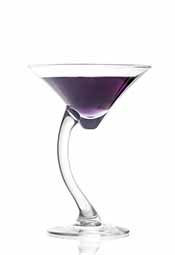
Alcohol can be a double-edged sword.
While moderate consumption is seemingly beneficial, drinking to excess damages health.
Red wine is one of the most popular options for people interested in enjoying a few healthy drinks.
But recent evidence suggests there is a far healthier alcoholic drink out there.
Although not as famous as its grape-based cousin, blueberry wine is quickly growing in popularity.
This article will take a look at the nutritional profile of blueberry wine; the potential health benefits (and drawbacks), where to buy it, and how to make your own.
What is Blueberry Wine?
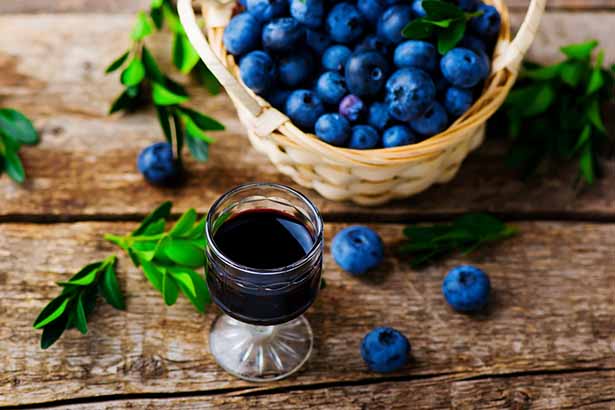
Put simply; blueberry wine is a traditional, fermented alcoholic drink.
The production process closely mirrors that of both red and white wine.
As with other varieties of wine, dry and sweet varieties are available – as well as everything in between.
Blueberries are one of the healthiest vine-growing fruits and contain huge amounts of health-protective polyphenols (1, 2, 3)
Blueberry wine is now increasing in popularity and appearing more and more on store shelves; some people even like to make their own, which is less complicated than it sounds.
Blueberry Wine Health Benefits
Blueberry wine has a range of health benefits that encompass their nutrients, alcohol content, and polyphenol compounds.
Polyphenols
As previously discussed, there are a wealth of beneficial antioxidants in blueberry wine.
Anthocyanins are one of the most researched of these compounds, and they can be found in blue and purple fruits (4).
In studies, these anthocyanins demonstrate the ability to protect against countless diseases, including cancer, dementia, and heart disease (5, 6, 7, 8).
Higher intake of anthocyanins also shows an association with lower levels of inflammation (shown by CRP levels) and insulin resistance. However, this may be due to the overall diet of someone who values eating berries rather than a direct impact of blueberries (9).
One of the most impressive benefits of blueberries is that their polyphenols help prevent the oxidation of LDL cholesterol. This results in less atherosclerosis risk, which refers to the buildup of arterial plaque (10, 11).
A single serving of blueberries — or a glass of the wine — contains a wealth of these polyphenols. Similar to grapes and grape wine, making blueberries into wine also concentrates and magnifies these beneficial compounds (12).
Alcohol
It’s not a commonly known fact, but a moderate amount of alcohol may have some positive effects, such as increasing HDL levels (13, 14).
In fact, in contrast to non-drinkers, moderate alcohol consumption is associated with lower atherosclerosis risk (15).
On the other hand, moderate does mean moderate; heavy drinking is linked to a much higher risk of atherosclerosis (16).
 Vitamins and Minerals
Vitamins and Minerals
In addition to polyphenols, the nutritional profile of blueberries also contains a range of vitamins and minerals (17).
Most significant among these are:
- Vitamin A
- Vitamin C
- Manganese
Is Blueberry Wine Beneficial For Diabetes?
There are a few interesting studies specifically relating to the impact of blueberry wine on blood sugar regulation and diabetes.
The claim is that blueberry wine improves insulin resistance and blood sugar regulation in diabetic individuals.
But is this really the case?
The Studies
A recent (November 2016) study indicates that blueberry wine may increase glucose uptake (18).
This research was an animal study and found that as blueberries ferment, the presence of anthocyanins vastly increases.
A wealth of previous studies show that anthocyanins improve blood sugar regulation and help stimulate insulin secretion, so it makes sense that a more concentrated form of polyphenols would offer more benefits (19, 20, 21, 22, 23).
Another key point is that wine is lower in sugar than fruit due to the fermentation of the naturally-occurring fruit sugars (24).
However, while blueberry wine may offer some benefits in diabetes management, a healthy diet should be the first and foremost priority.
Blueberry Wine vs. Red Wine
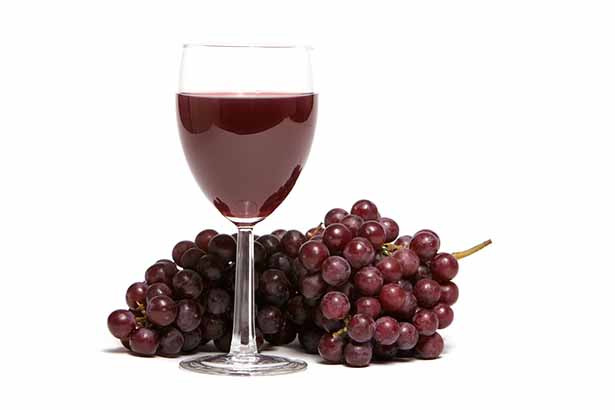
Both blueberry wine and red wine have some similar health benefits, but how do they compare?
Antioxidants
Studies suggest that blueberry wine is more potent than red wine regarding polyphenols. While this will depend somewhat on the batch of fruit and where it’s grown, several recent studies show that blueberry wine outperforms red wine (25).
Taste
Regarding the taste, there is quite a big difference between blueberry and red wine. Firstly, the obvious one; it tastes like blueberries rather than grapes.
Secondly, it seems to have a more intense and deeper flavor, while also being less sweet than red wine.
To be honest, blueberry wines are more like an entirely different drink rather than there being subtle differences.
How Many Carbs Are in Blueberry Wine?
First of all, there are approximately 100 calories in a 5oz (140ml) serving of blueberry wine. In addition, there are between 3 to 5g carbs per serving (26).
While there are some carbs in blueberry wine, they are not the same as the carbs in sugary donuts and starchy bread.
This difference is because most of the natural fruit sugars have transformed into alcohol during the fermentation process. The digestion of this is a much lengthier process, involving the body oxidizing the alcohol into a substance known as acetate in the liver (27).
As a result, the spikes in blood sugar and insulin are not as pronounced as eating simple carbs in food – or blueberry juice, for example (28, 29).
However, it’s always important to drink sensibly. While a small amount is no problem, one or two glasses is where most of the documented benefits lie.
Blueberry Wine Recipe
If you are adventurous, it’s also possible to make blueberry wine at home!
There are many wine kits just a google search away.
Here’s a nice video on YouTube showing how to make it:
- 12-15 pounds of blueberries
- 11 pounds sugar (this sounds like a huge amount, but it ferments into alcohol!)
- Yeast for wine/champagne
- 2½ teaspoons of pectin enzyme powder
- Water
Looks Too Difficult – Where Can I Buy It?
You can buy blueberry wine from nearly everywhere.
While it may not be in smaller stores, larger stores will likely have an option. If not, then there’s a wide range available for delivery from Amazon.
For something more local, a quick Google search will almost definitely bring up some options in your nearby area.
Final Thoughts
For those who like an occasional drink, blueberry wine is an excellent alternative option to the standard red or white.
However, it’s important to realize that drinking can be part of a healthy lifestyle in moderation.
The health properties of wine are not an excuse to drink vast amounts, and doing this would be harmful to health rather than beneficial.
But as for blueberry wine, it’s arguably more nutritious than its traditional rivals and it tastes pretty great too.
Related Articles

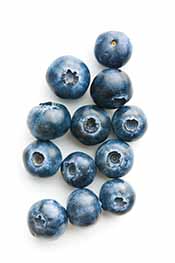
 Vitamins and Minerals
Vitamins and Minerals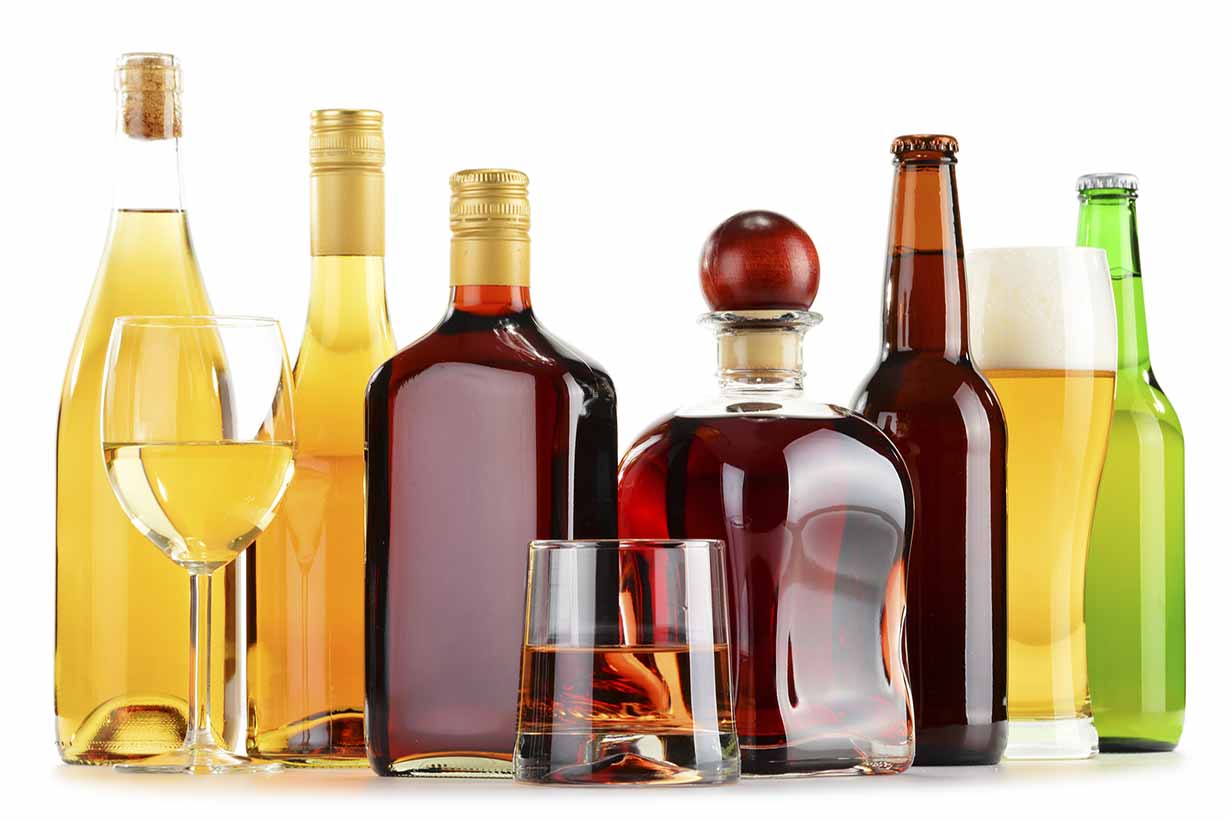

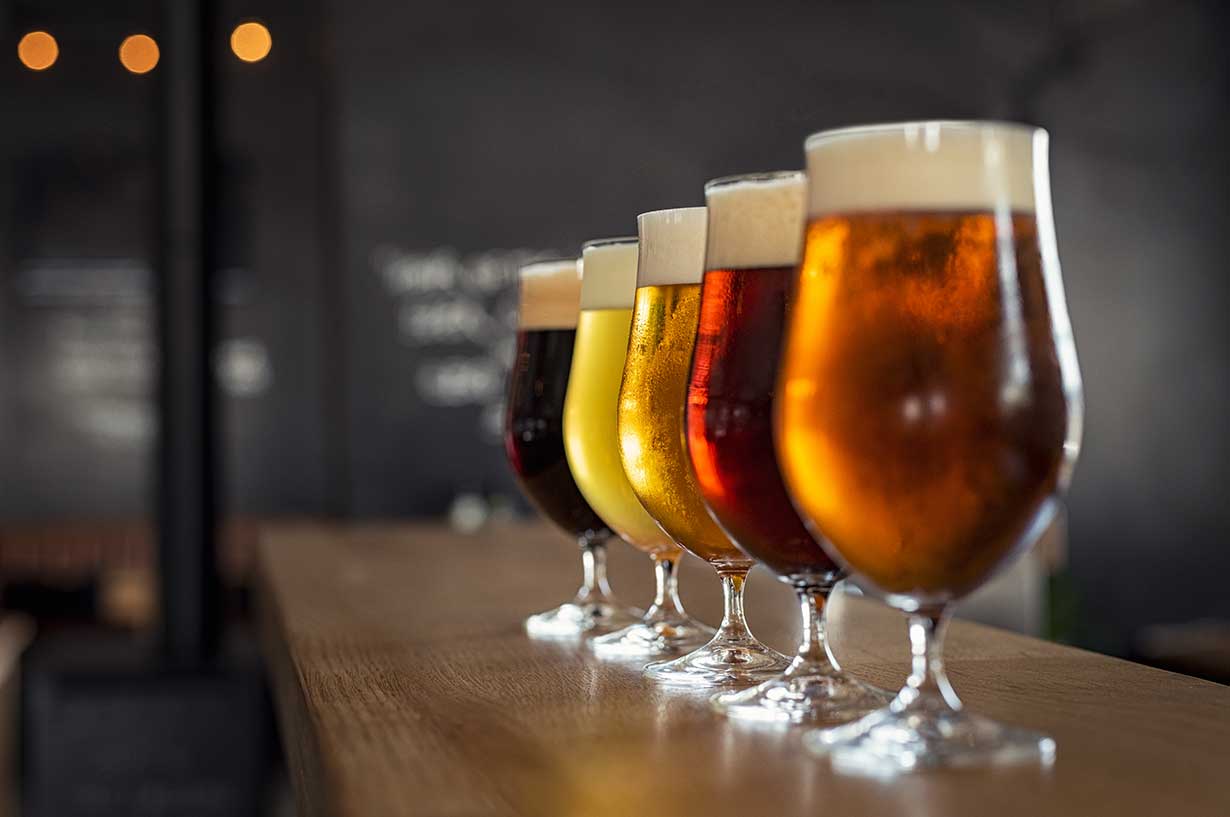
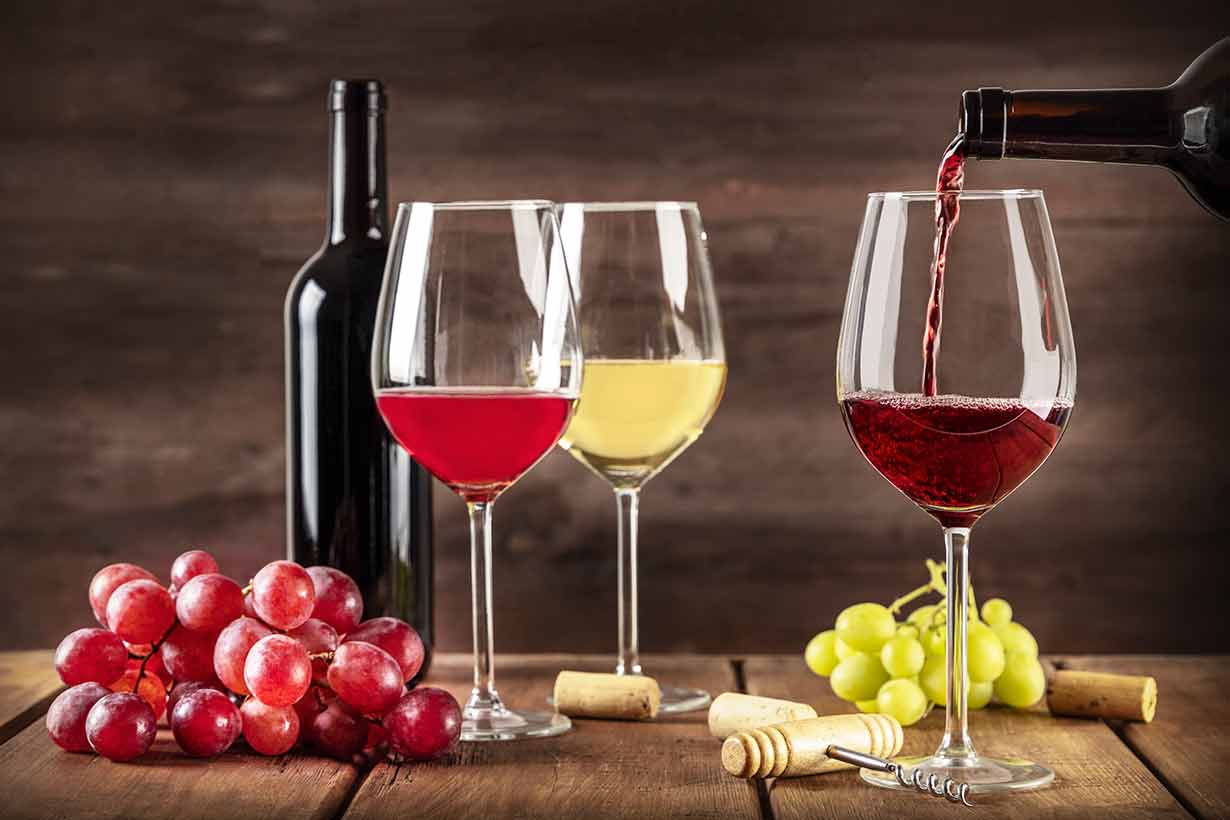
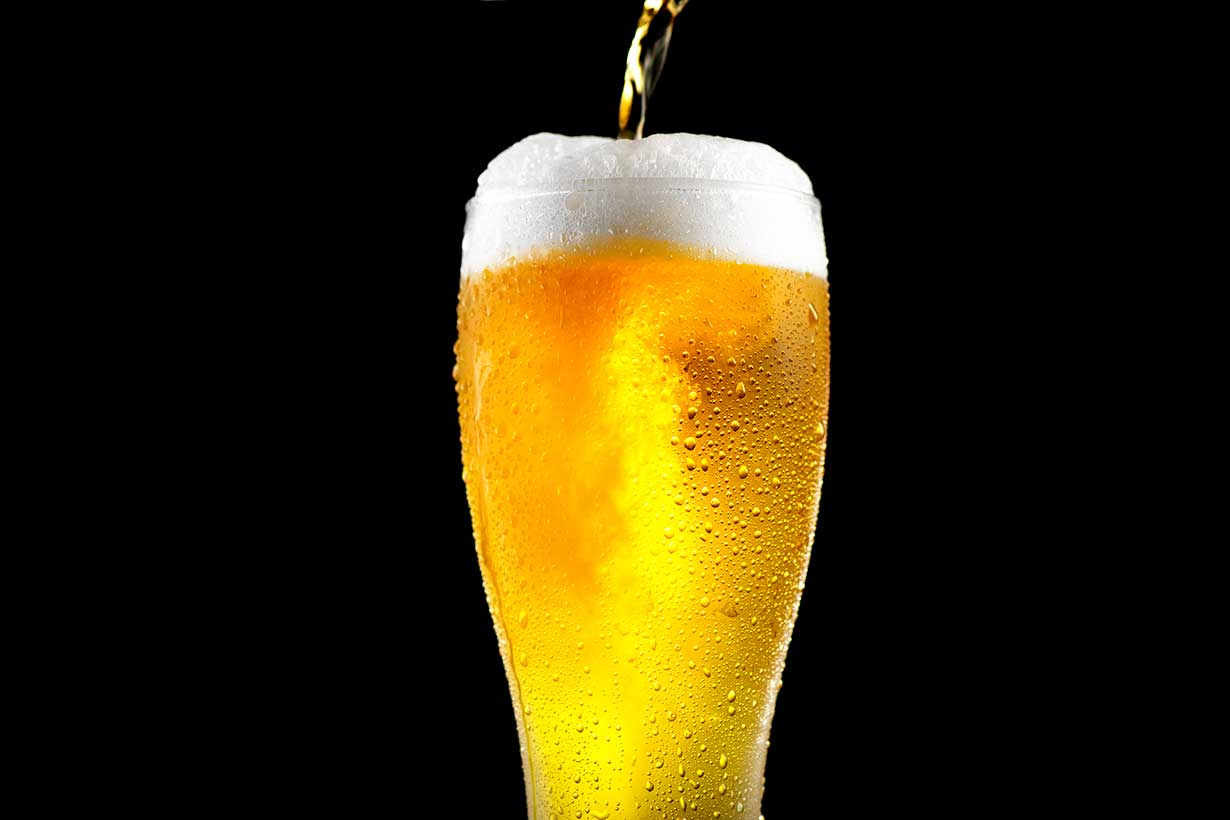
I recently discovered blueberry wine from a local winery and decided to google the health benefits! Wow! This had become my wine of choice prior to reading this article and now I will definitely continue with the moderate glass of wine a few times a week.
I believe the term “double-edged sword” has been used for alcohol. It is a toxin that causes problems in bigger doses, but a little seems to do good. Enjoy!